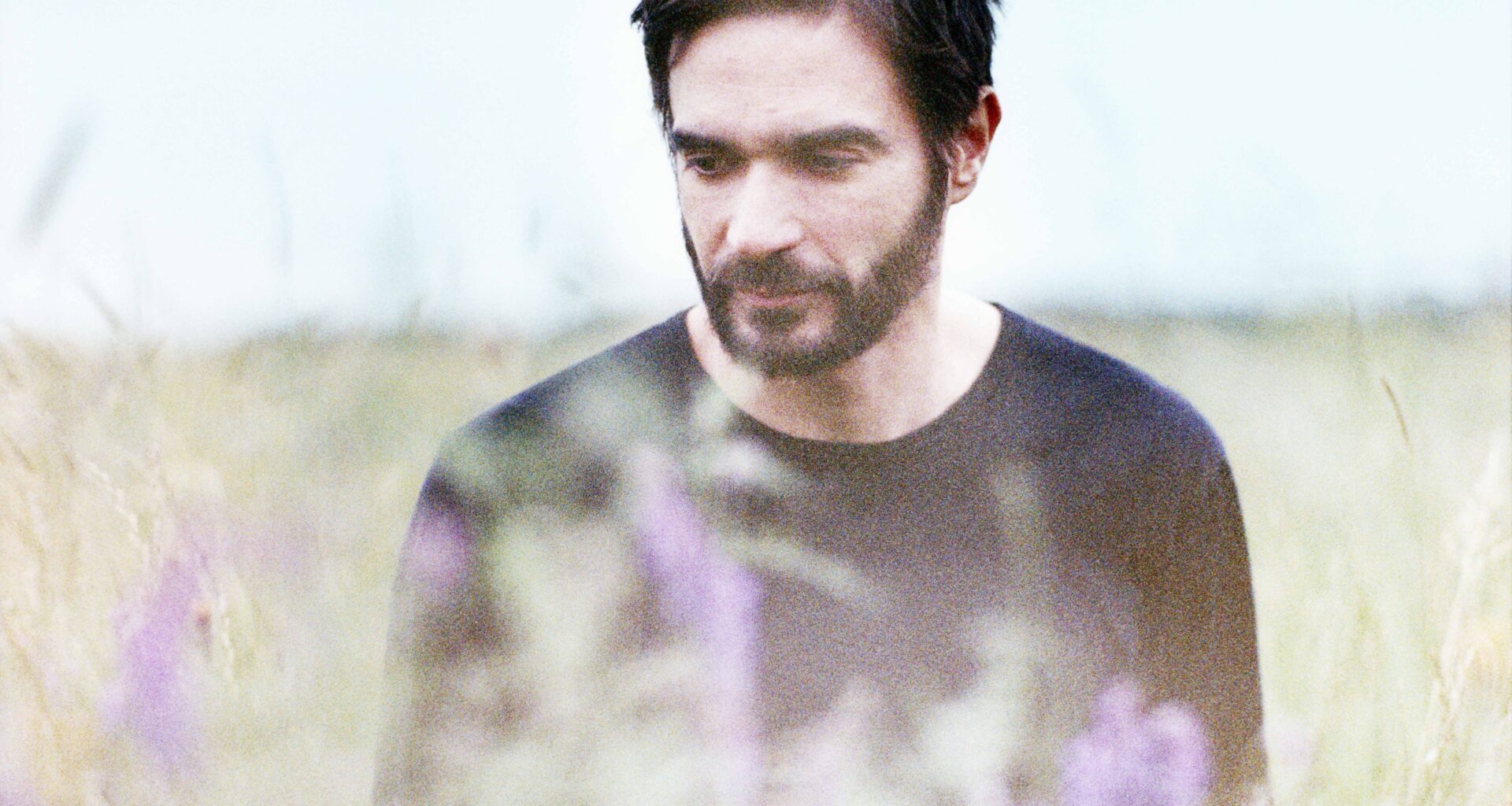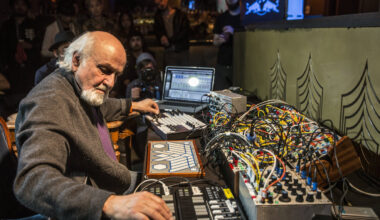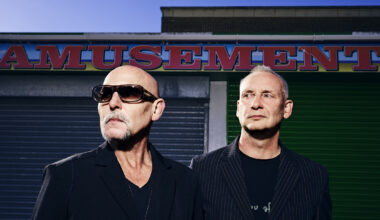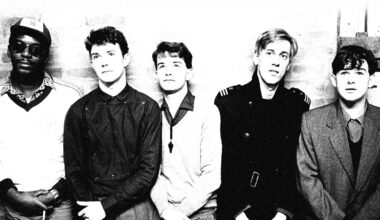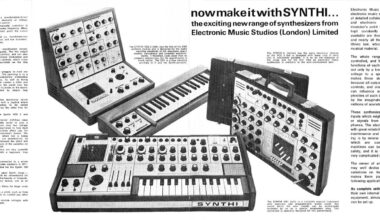Don’t be fooled, ‘Music For Psychedelic Therapy’ isn’t Jon Hopkins going all wallpaper ambient on us. It’s a weighty album he says needs to be listened to loud. We turn up the volume
Want to read more?
Sign up to Electronic Sound Premium to gain access to every post, video, special offers, and more. 100%, all you can eat, no commitment, cancel any time.
Already a premium member? Log in here
